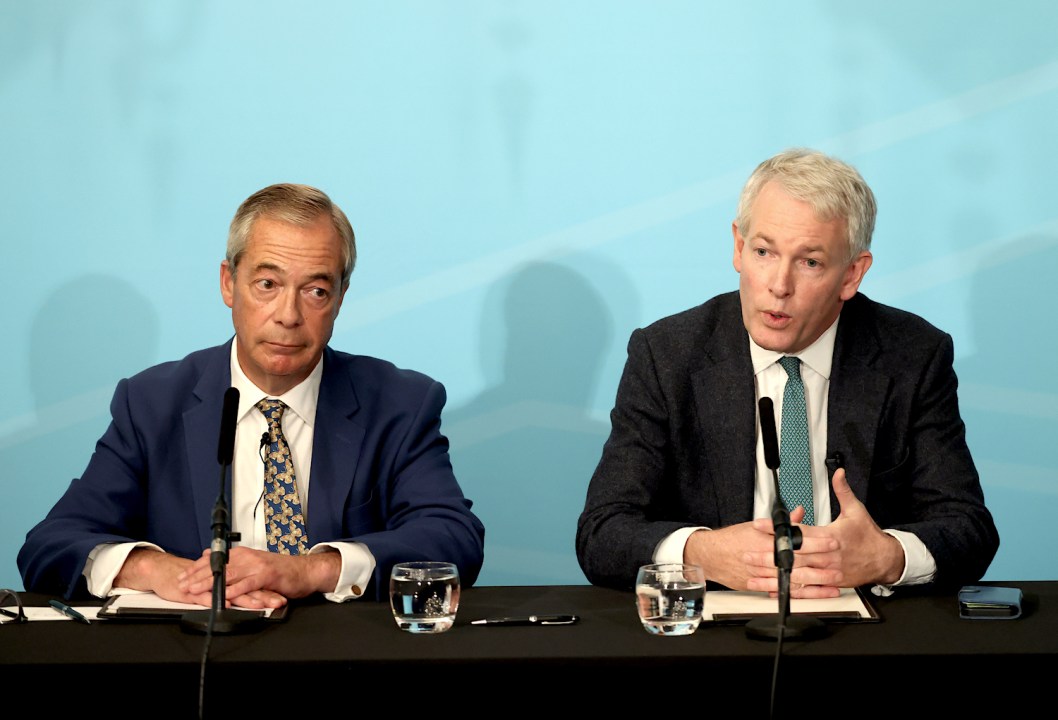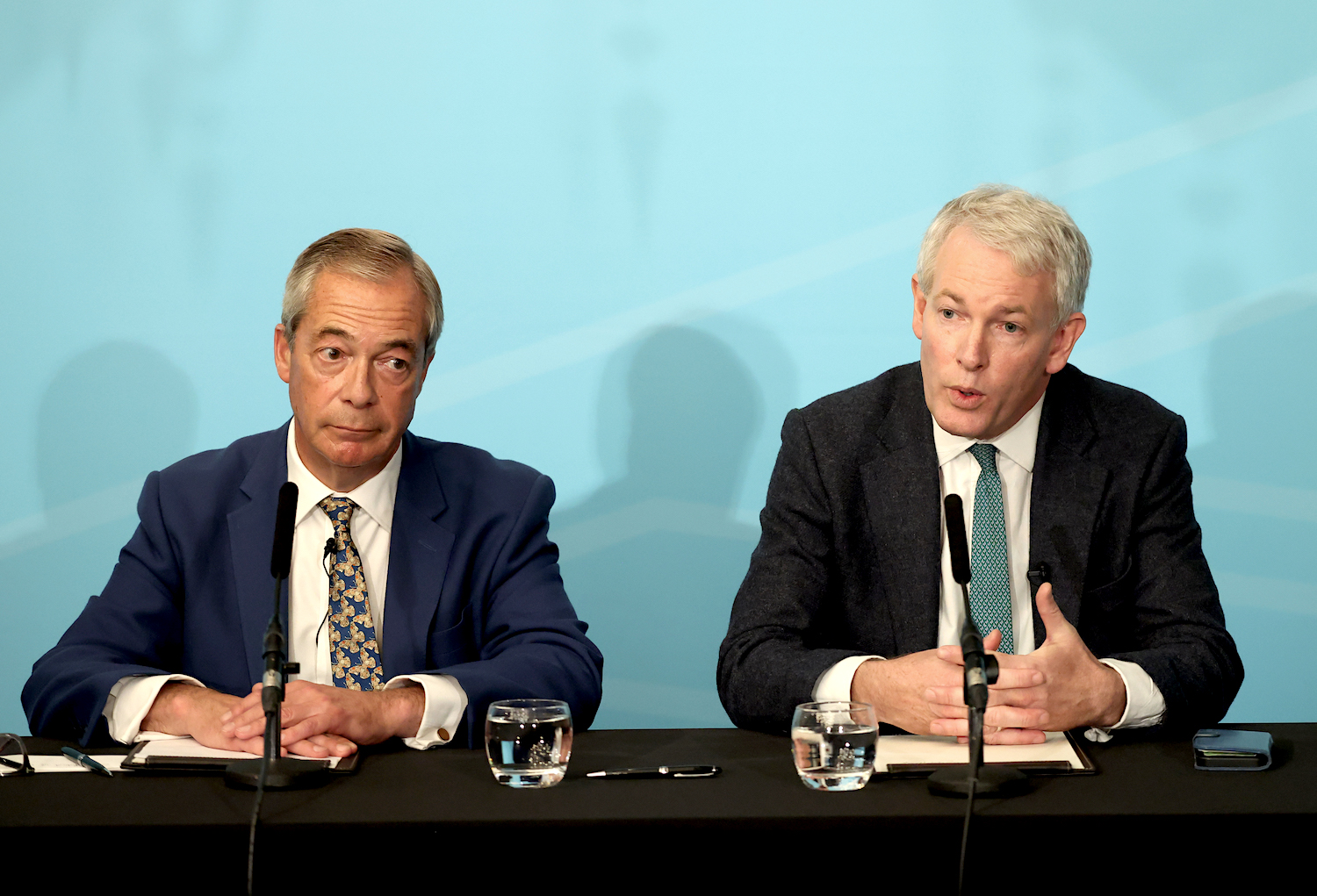Six weeks after his defection from the Tories, Danny Kruger will tomorrow set out his thinking on how a Reform administration would function. The East Wiltshire MP is billed as the party’s ‘head of government’ unit and is charged with working out how to overhaul the British state. In a speech, he will set out his critique of Britain in 2025: nothing works anymore, taxes are too high, public services are crumbling and our governing class has willingly outsourced the tools to fix our ails.
In a five-point plan, Kruger will explain how he wants to empower Nigel Farage as Prime Minister. His speech will stress the importance of a strong democratic mandate for radical change: hence the need to set out this plan three-and-a-half years in advance. Accountability is set to be a major theme of the speech. Kruger’s analysis is that too much power has been given away from elected politicians, empowering the so-called ‘lanyard class’ decried by the philosopher Maurice Glasman.
His solution is to prune much of the constitutional, legal and political shrubbery introduced by Tony Blair. The unwieldiness of the civil service is expected to be addressed, with less staff in smaller ministries to improve cohesion in Whitehall. Kruger is a keen student of history. He is therefore expected to emphasise the inversion between the growth of officialdom and the decline in the state of Britain. The more governed this country has become, he believes, the worse it has got.
Kruger’s analysis is that too much power has been given away from elected politicians, empowering the so-called ‘lanyard class.’
The primary thrust of Kruger’s speech is about the broad principles under which a Farage government would operate. But insiders suggest that there will be some costings too, with the party keen to talk up its credentials on fiscal conservatism ahead of the Budget. Rather than focus on big ticket items, such as the £90bn tax cuts featured in last year’s election, this will focus on smaller-scale administrative costs like HR and comms which Kruger thinks can be cut back without impacting frontline services. Both overall headcount and the Whitehall estate will feature prominently.
Drawing on Reform’s experience of local government, Kruger will argue that a misplaced deference to the way things have been done has only served to block change. To bypass obstruction, national institutions must respect the national parliament and the boundaries of their remit. There will be a restatement of Reform’s commitment to exit existing legal conventions and overhaul judicial review. Just like the judges, public sector unions are also expected to be put on review. Both chambers of parliament will, in the fullness of time, be restored to being proper bodies of legislative scrutiny.
Kruger has only been an MP for six years – but his political experience dates back two decades. He knows well what it is like to be disappointed by leaders who promise much: hence his consistent theme – as he told me last month – that Farage is the true inheritor of the 2016 Leave and 2019 Boris Johnson electoral coalitions. Tomorrow’s speech is intended to be just the start of a series of speeches and posts to gather insights about how this vision can best be achieved.
Kruger is expected to set out a series of policies to go with this broad philosophy. Among them are an unspecified, but dramatic, cut in the civil service headcount and the ending of leases on various civil service premises in Whitehall in the next parliament. These include the Ministry of Justice at 102 Petty France and the Department for Education’s premises on Great Smith Street: all part of a target to save £500 million over the course of five years. A new Ministerial Code and Civil Service Code will be drawn up too.
Much like the proto-English nationalists who once dreamt of throwing down the Norman Yoke, so too do Kruger and his allies hope to cast off the Blairite shackles. His speech tomorrow is expected to stress a mix of radical methods to conservative ends: a political project that emphasises restoration, as much as revolution.








Comments